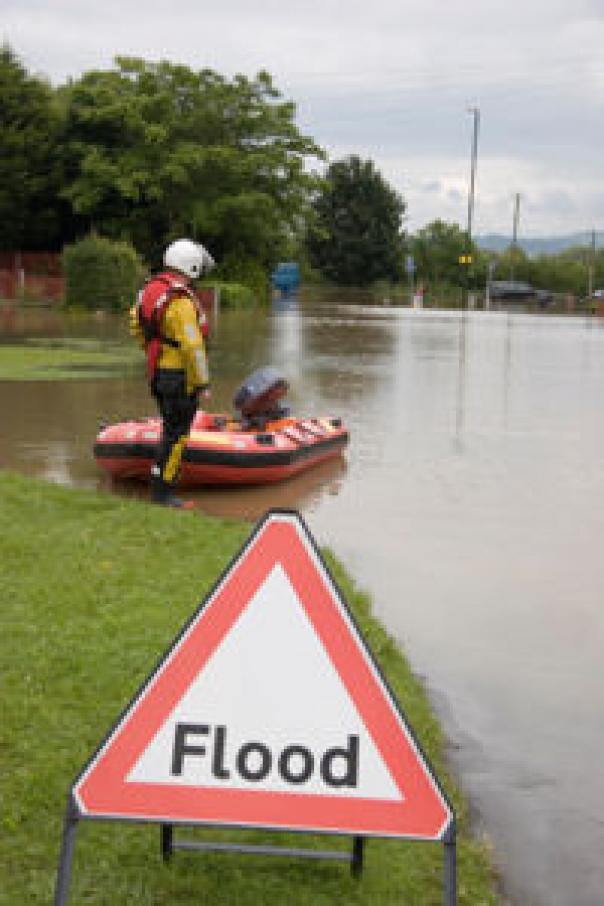27th Nov 2009 - 00:00
Image

Abstract
The Food Standards Agency (FSA) has issued food safety advice for people who have been affected by the recent flooding in Cumbria.
Flood water can be contaminated with sewage, animal waste and other waste, from drains or the surrounding area, and so could be contaminated with harmful bacteria or chemicals. Although, the water is usually very diluted and so the risks of getting ill are low. Following simple hygiene practices should be enough to avoid getting ill from flood water.
It's important to follow good food hygiene to stop harmful germs that might be present in flood water spreading to food. Here are some general tips on keeping food safe:
1. Don't eat any food that has been touched or covered by floodwater or sewage. 2. Always wash your hands before preparing food. 3. Clean and disinfect work surfaces, plates, pans, cutlery, chopping boards etc. before using them with food. If you have a working dishwasher, this is a more efficient way to clean and sanitise smaller items. Or use a suitable disinfectant. 4. Clean and disinfect the inside of your fridge and food cupboards, if they have been touched by floodwater. 5. Don't use work surfaces, plates etc. if they are badly chipped or damaged. 6. If tap water may be contaminated, boil and cool it before using it to wash food that won't be cooked, such as fruit or salad. 7. If your power has been cut off and your fridge has not been working for a few hours, throw away the food inside. If your freezer has not been working, throw away any meat, fish or dairy products, or foods containing these, if they have started to get soft. Also throw away any food that you would eat frozen, for example ice cream. 8. Store opened food in a container with a lid.
If you have a catering business and have been affected by flooding, ask for advice from the environmental health service at your local authority.
Category